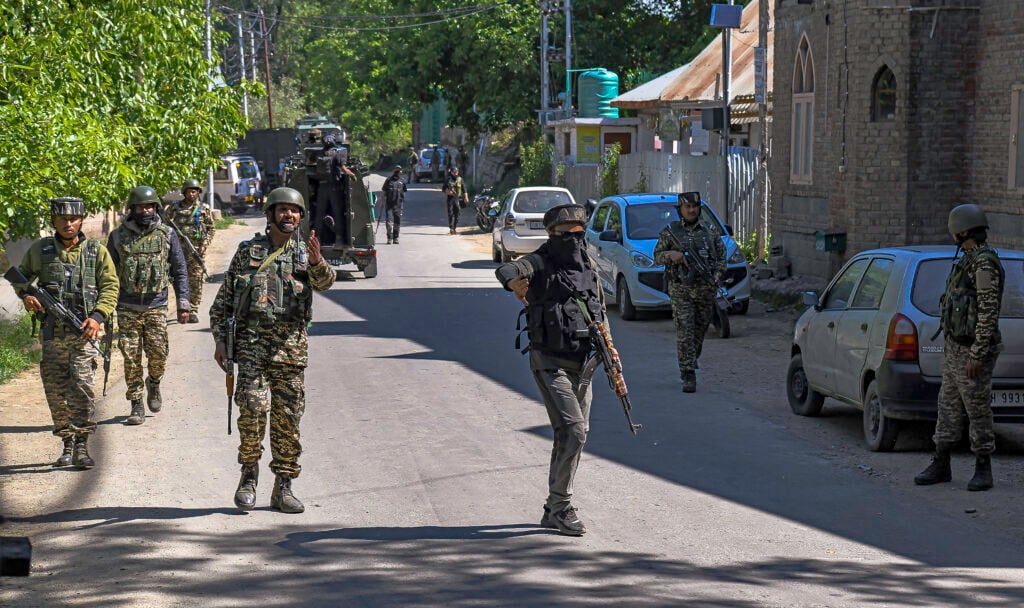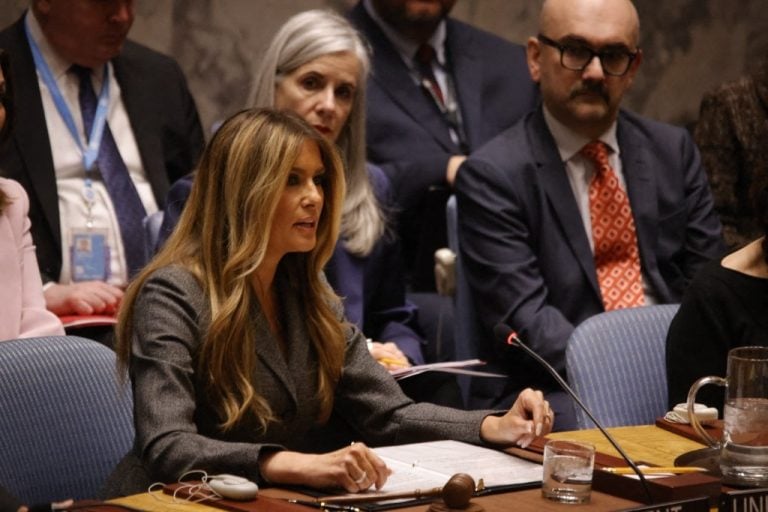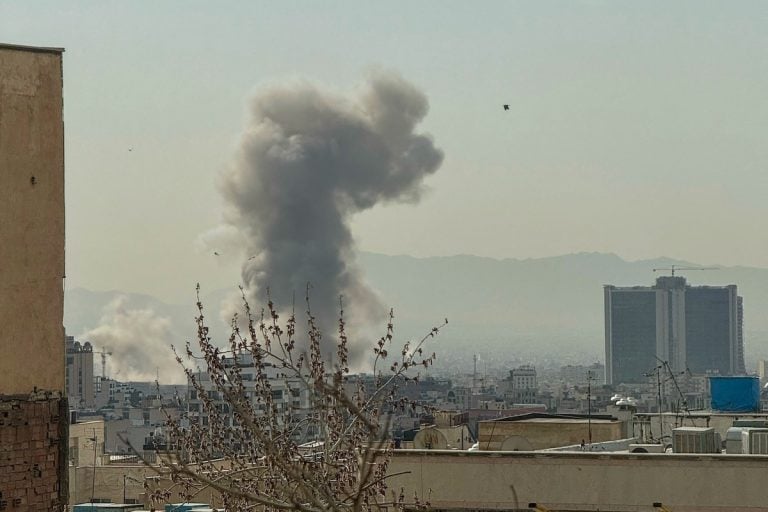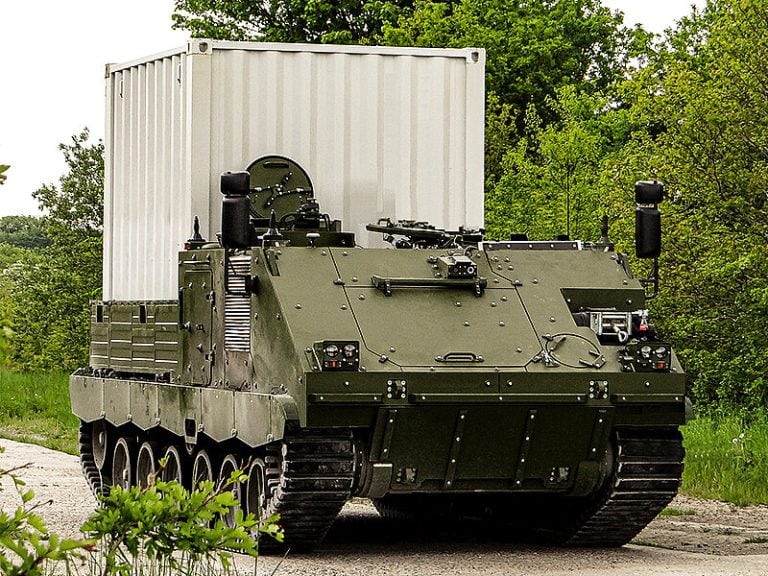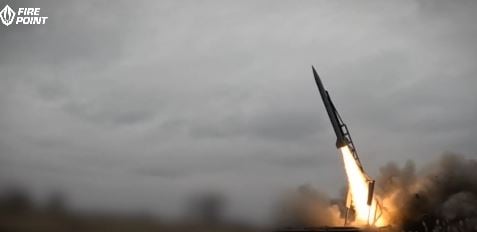In a significant development in India’s ongoing conflict with the Maoist insurgency, Indian commandos reportedly killed a key leader of the Communist Party of India-Maoist (CPI-Maoist) on Wednesday. Home Minister Amit Shah announced that 27 rebels were neutralized during an operation in Narayanpur, Chhattisgarh, marking a critical juncture in the fight against what has been termed the Naxalite rebellion.
Shah described the operation as a milestone, emphasizing that it is the first instance in three decades that a general secretary-ranked leader of the Maoist faction has been taken down. Nambala Keshav Rao, also known as Basavaraju, was highlighted as the “topmost leader” and a pivotal figure in the Naxal movement, which originated nearly 60 years ago in the foothills of the Himalayas.
The conflict, which began in 1967 with a small uprising against feudal lords, has led to the deaths of more than 12,000 individuals, including militants, soldiers, and innocent civilians. At its height in the mid-2000s, the Maoist insurgency had control over approximately one-third of India, with an estimated 15,000 to 20,000 fighters.
Amit Shah commended the bravery and effectiveness of the security forces involved in this operation, calling it a “major breakthrough.” He further noted that in addition to the casualties among the insurgents, 54 individuals had been taken into custody, and another 84 Naxalites had surrendered across the states of Chhattisgarh, Telangana, and Maharashtra.
The Home Minister reiterated the Indian government’s commitment to eradicating Naxalism, setting a target to eliminate the insurgency by March 31, 2026. Shah’s remarks reflect a determined stance against the long-standing rebellion, asserting that the current administration is resolute in bringing an end to the Maoist threat in the country.
